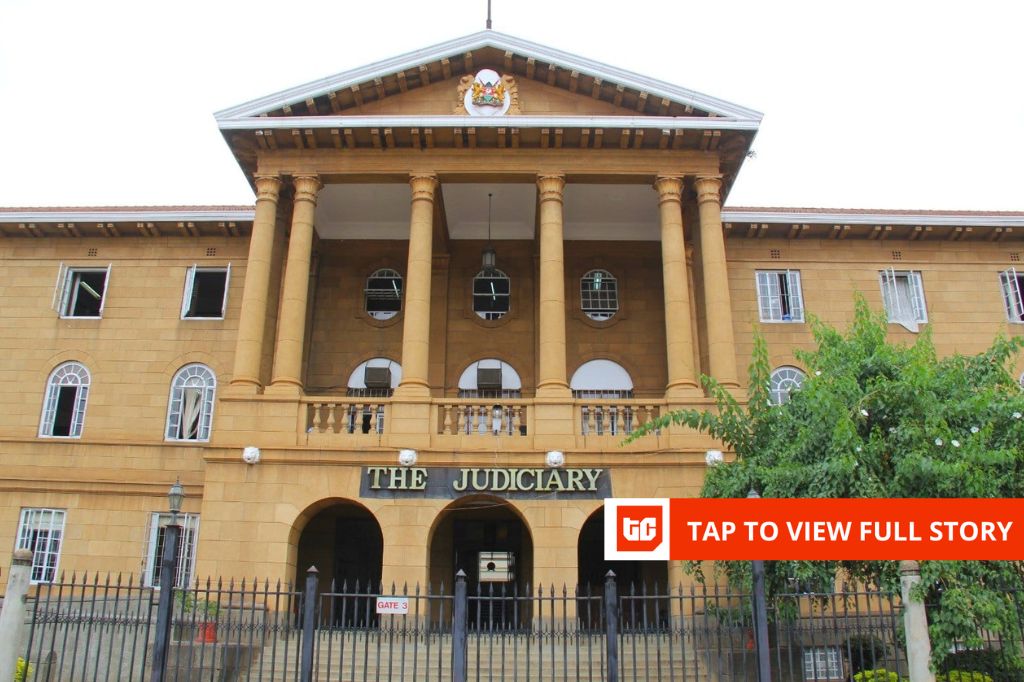Kenswitch, Kenya’s largest independent payments switch, has won a tax dispute with the Kenya Revenue Authority (KRA) after the Tax Appeals Tribunal ruled that its switching services are financial and are therefore exempt from value-added tax (VAT).
The judgment, delivered on October 24, sets an important precedent for how Kenya treats the digital payment systems that move money between banks, mobile money operators, and merchants.
The tribunal set aside KRA’s assessment of KES 41.6 million ($321,856) in VAT on Kenswitch’s share of interchange fees earned between 2022 and 2024. In its decision, the panel found that the company’s work—authorising ATM withdrawals, routing point-of-sale card payments, and facilitating settlement between issuing and acquiring banks—fell squarely within the VAT Act’s definition of exempt financial services.
“The tribunal is persuaded that KRA erred both in law and in fact,” the ruling said. “The appellant’s services clearly fall within the meaning of ‘financial services’ exempt from VAT under Paragraphs 1(b) and 1(m). The VAT assessment was erroneous and unlawful.”
KRA had argued that Kenswitch’s commissions are earned from providing software-based ICT services. It pointed to the company’s use of switching platforms licensed from Mauritius-based EFT Corporation and ACI Worldwide, saying this placed the activity within a VAT exclusion for ATM software.
But the tribunal rejected that view, saying Kenswitch “does not supply automated teller machines or the software to run them,” and that VAT treatment depends on the nature of the service, not the technology behind it.
The panel leaned on recent High Court decisions, including the Pesapal and Commercial Bank of Africa cases, which found that payment processors and issuing banks perform VAT-exempt “dealings with money” when they verify cardholder details, process transactions, and move funds between accounts.
Kenswitch’s case also exposed inconsistencies in KRA’s own classification. Under changes introduced in the Finance Act 2023, payment service providers were brought into the excise duty regime as part of “fees charged for money transfer services.”
The tribunal pointed out that KRA had already registered Kenswitch for excise on this basis. It said the authority could not treat the same activity as a financial service for excise, then as an ICT service for VAT. This, it said, breached the taxpayer’s legitimate expectation of consistent treatment.
Another weakness in KRA’s case was its attempt to tax only Kenswitch’s portion of interchange fees, while leaving the issuing and acquiring banks’ portions exempt. The tribunal said this artificially split a single transaction. The cardholder pays one fee, which is then distributed across the parties involved in authorising and settling the payment.
“No standalone taxable supply arises,” the tribunal said.
The ruling comes as Kenya prepares for bigger changes in its payments system. The Central Bank of Kenya (CBK) is developing a national switch to enable real-time transfers across banks and mobile money platforms without relying on bilateral integrations. As its role expands, the tax treatment of switch operators matters more for pricing, interoperability, and investment decisions.











